SHENZHEN, China—The event was supported by Nanshan Bureau of Justice(南山司法局), Nanshan BureauPeking University School of Transnational Law (STL) welcomed a gathering of distinguished scholars, legal experts, and AI specialists for the International Workshop on Comparative AI Law. AsThe event, assisted by Chang Tsi & Partners, Bryter Center, STL Program on Law and Innovation, held on September 28-29, 2024, featured a series of panel discussions and presentations that delved into the nuances of AI law, with a particular focus on comparative perspectives. of Industry and Information Technology(南山工业和信息化局), and the German Law Journal, underscoring the multidisciplinary approach necessary to tackle the challenges of AI law. The workshop was designed to address the burgeoning legal and regulatory challenges posed by artificial intelligence (AI) technologies. AI systems become more sophisticated and pervasive, they raise complex issues related to privacy, liability, intellectual property, market transformation, content moderation, the future of the legal profession, and cross-jurisdictional data exchange.
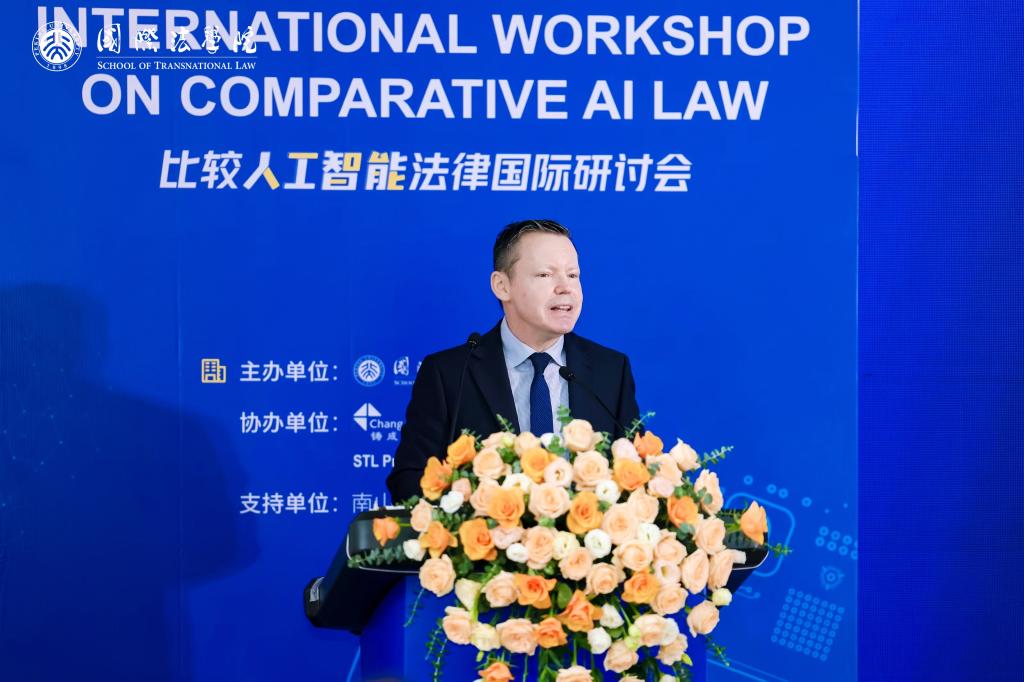
The agenda commenced on the morning of September 28 with a panel discussion on "Global AI Governance," setting the stage for a series of thought-provoking sessions. The event progressed with a focus on "AI & Copyright," where experts like Xin ZHANG from the University of International Business and Economics and Renjun BIAN from Peking University Law School engaged in deep dialogues. A practitioner roundtable, "AI & IP Law in China," featured industry leaders from top Chinese tech companies, providing insights into the practical implications of AI in intellectual property law.
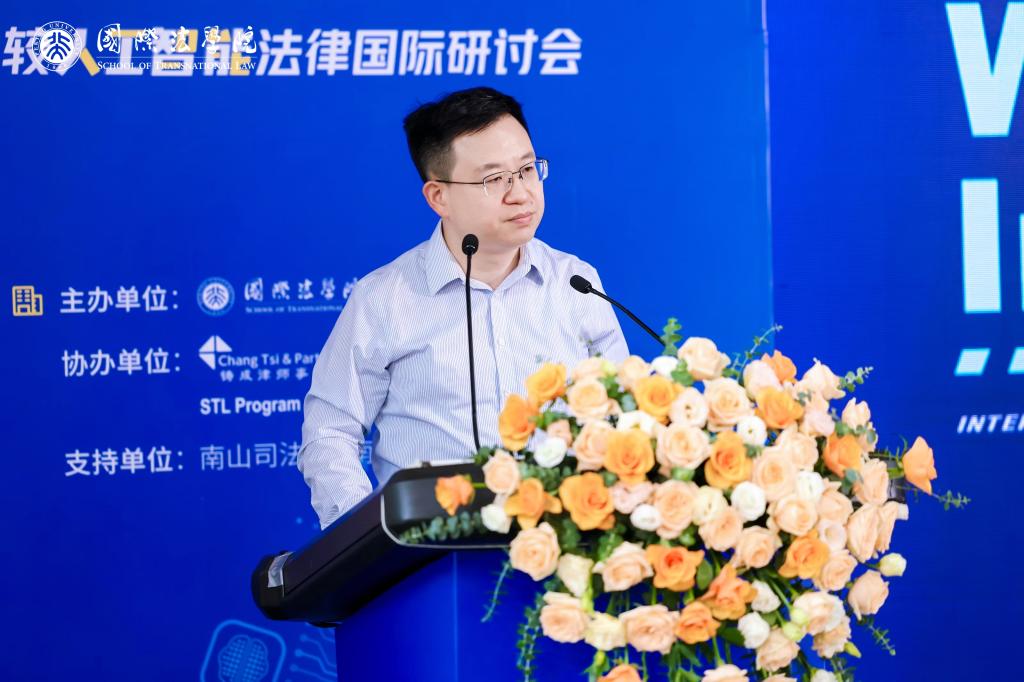
The following day delved into "AI & the Transformation of Markets" and "Aligning AI: From Technical Mechanisms to Social Implications," with discussions led by esteemed academics and industry experts.
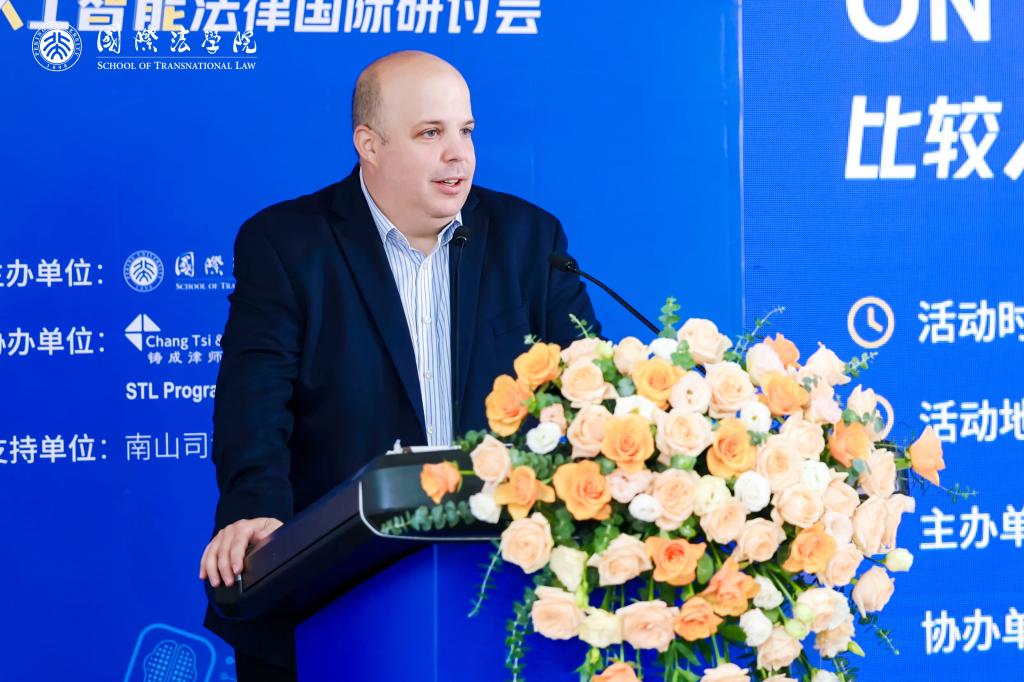
The workshop concluded with a panel on "AI & the Legal Profession," which underscored the evolving role of AI in shaping the future of legal practice. The event was a collaborative effort between STL Assistant Professor Gilad Abiri, Associate Professor Dai Xin from PKU Law School, and STL Distinguished Scholar in Residence Professor Emanuel V. Towfigh from EBS Law School in Germany.
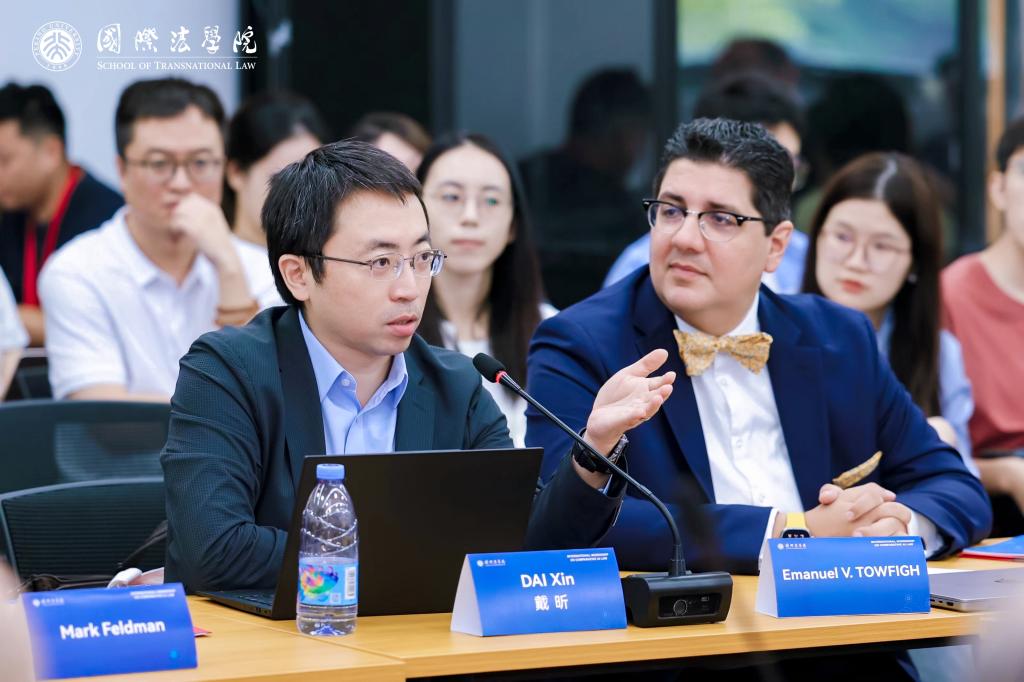
The outcome of the workshop was a call to action for the international community to collaborate on developing effective and interoperable frameworks for responsible AI innovation and governance. The event served as a catalyst for future discussions and is expected to influence the development of AI legal frameworks both nationally and internationally.
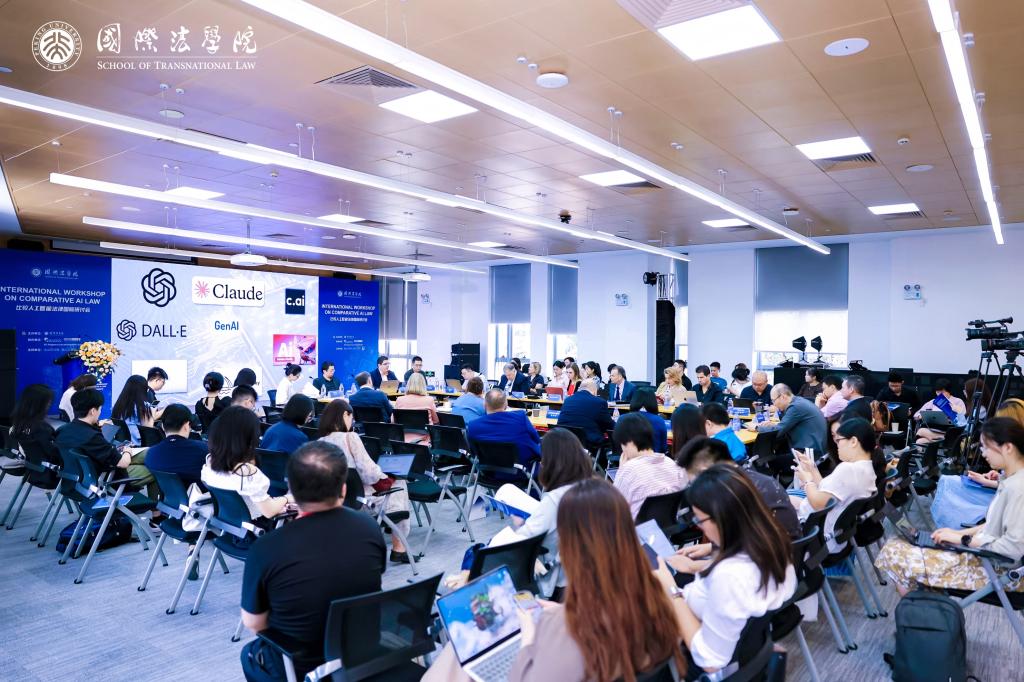
The workshop has set a precedent for future discussions and will undoubtedly influence the development of AI legal frameworks both nationally and internationally. As the field of AI law continues to evolve, workshops like these will be instrumental in guiding policy, shaping academic discourse, and informing the legal profession on the global stage.